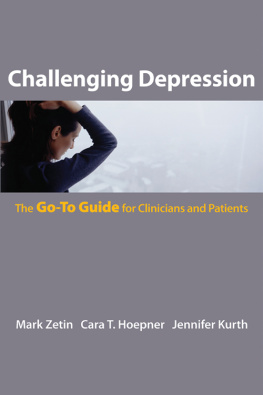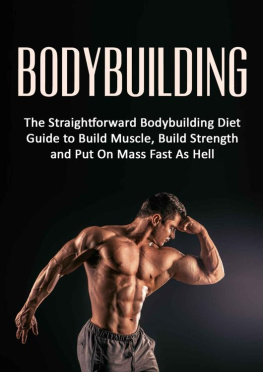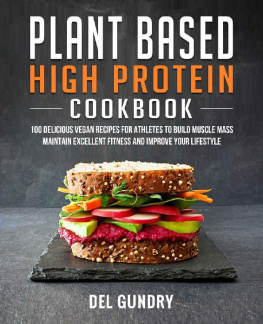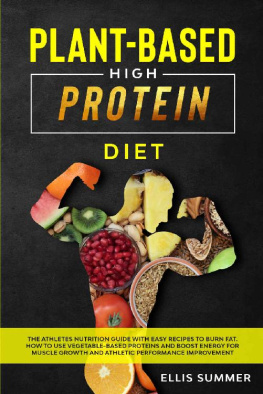The depressed person looks different to his family, coworkers, and doctor. Each sees the loss of vitality, enthusiasm, and optimism in a different way. For the patient, depression may feel painful, frightening, or numb, his mind creating delusions that argue stubbornly for his distorted thoughts and feelings. He may feel impossibly empty and slow of mind. He may feel lonely among friends, or fear death, poverty, and loneliness in the cradle of a safe harbor. If depression persists long enough, his fears and delusions may become self-fulfilling. He may miss the life he once found enjoyable, or he might no longer recognize it, his recollection disfigured by the shadow of depression. Worst of all, he may no longer want to live it. Recognizing the common symptoms of depression and overcoming its stigma are the first steps toward getting help.
The diagnosis of depression is based primarily on a clinical interview. Laboratory and medical tests are often performed along with the clinical interview, but their use is primarily to help exclude physical causes of depression. We believe it is fair to say that there is no specific diagnostic biologic test for depression at this time. Often, researchers have developed tests they hoped would be diagnostic for depression, only to find that they lacked sufficient sensitivity and specificity, or ability to be precise and easily interpreted, to be widely useful.
Many patients seeking treatment ask about a test to diagnose depression. A few years ago, the dexamethasone suppression test was used for this, and we would get telephone calls from people asking for the test as a way to justify seeking treatment. They were sometimes disappointed when they were told that the test was not as helpful as a careful interview. The same can be said of the thyrotropin-releasing hormone thyroid-stimulating hormone test (for thyroid function), PET and SPECT functional brain-imaging scans, genetic markers, and many other elaborations of medical technology that attempt to connect mental function or illness with specific brain or gene dysfunction. These biological markers of illness are fascinating to researchers, but their practical application in helping to accurately determine which patients need which forms of therapy is still limited. Somehow, the presence of a biological marker demonstrating that there is something physically wrong has great appeal to people with depression. A picture of the brain or a measurement from a blood test seems to be such objective proof of illness that self-blame, guilt, and sense of failure are relieved.
There may be less stigma attached to an illness with a medical-biological marker, and we applaud researchers who continue to look for the biological basis of depression and improvements in its treatment, for they will shape the future of our field. Our book, however, is devoted to the elaboration of treatments that are available now and that have proven cost-effective benefit.
Stigma
We will deal with stigma at many points throughout this book. Many of our patients tell us it is a key issue for them, as the media often portrays mental illness in a less than favorable light, and there are long-standing societal fears of those who live with mental illness. Are the mentally ill frightening or unpredictable? Or perhaps the topic hits a bit too close to home? Suffering in silence and feeling stigmatized by others greatly contributes to lack of well-being, as well as to suicidal feelings.
A general lack of understanding may also exist among those who form the depressed persons support network. Family members or friends may say, Pull out of it, or ask, You seem fine nowwhy are you still taking medications? We believe strongly in the biopsychosocial model: Psychiatric illness has a biological component (genetics, hormones, and neurotransmitters) and a psychological component (often related to childhood experiences), and occurs in the social context of the persons current life setting. All aspects must be addressed. As with diabetes or coronary artery disease, both medications and lifestyle changes are required for optimal outcome. Would anyone tell a diabetic, Just lose weight and you wont need insulin? Would anyone tell the person who has suffered a heart attack, Just exercise and your heart will be fine without the blood pressure and cholesterol-lowering medications? We believe it is equally absurd to tell the person who has suffered from several potentially life-threatening episodes of depression or mania to simply pray, exercise, and eat well in the hope that there will not be catastrophic recurrences of the mood disorder. Certainly these things help, but they alone are not sufficient to alter the course of the illness.
Another equally important issue is self-stigma, which may occur largely in response to ones social environment but also is due to feeling that mental illness is akin to a weakness or lack of normality. These people may feel that taking psychiatric medications represents dependence or a crutch.
Related to this issue is the question: Arent some medicines addictive? Here it is important to make a clear distinction both between dependence and addiction, and between which medications may cause or encourage dependence or addiction. Dependence is a physiologic process wherein a person requires dose escalation to maintain effectiveness of medication, and where the patient may experience very uncomfortable withdrawal symptoms if the medication is discontinued rapidly. Addiction is a term used for the abuse of a medication (taking it for reasons other than those prescribed) to produce a high. I sometimes joke with patients that I never hear stories about Prozac or lithium being stolen by a roommate, accidentally dropped down the sink, or eaten by a dog; Ive often heard such things about addictive stimulants like Ritalin or pain medications such as Vicodin. Patients who are addicted to medications tend to have multiple doctors prescribing the same type of medication, get it from many pharmacies or on the street, use far more than what is prescribed, and use the drug in a way that disrupts rather than facilitates normal life functioning.
Medications used in psychiatry that may cause dependence include the benzodiazepines (such as Ativan, Xanax, and Klonopin) when taken chronically (as opposed to as needed). Older benzodiazepine sleep medications may cause dependence, though this is controversial. Opiate medications for pain relief and muscle relaxants such as Soma and Flexeril may also produce dependence. It is very important to note that other classes of medications, including the antidepressants and antipsychotics, do not produce dependence and are very rarely abused, with few exceptions.
Even after theyve heard the clinical definition of dependence, patients may still feel uneasy about needing an antidepressant or other drug. This concern can be addressed by likening the situation to that of needing eyeglasses: If I require glasses to see the world clearly, is that addiction? The answer is clearly no; the glasses allow me to do what other healthy people can do naturally and easilyfor example, read a book or a street sign. Will I need them forever and find the world very fuzzy without them? Of course! You could say I am dependent upon them. Antidepressants and mood stabilizers allow people to feel normal, as they personally define this. They may cause a slight physiologic dependence, but they have no abuse potential or value on the street.
Finally there is the issue of acute versus chronic illness. An acute symptom or illness is only treated as long as there are symptoms and perhaps for a brief time afterward. We are all familiar with taking an aspirin for a headache, an antibiotic for a few days for a respiratory or urinary tract infection, or a pain medication for a few days after a minor operation or dental procedure. Similarly, we are all aware of transient sadness when we have lost a loved one through ending a relationship or through death. These situations involve unpleasant emotions that are natural and time-limited. Major depression and bipolar illness, on the other hand, fit much more closely with the concept of chronic, recurrent, lifetime illness that is managed but doesnt just go away. In that sense, mood disorders are like diabetes, high blood pressure, or high cholesterol. There may be long periods without symptoms, but the disease will predictably take its toll eventually if it is not well managed in a forward-looking, preventive way. For some, the concept of a chronic, lifelong mental illness produces stigma, as there may be a tendency to identify with ones illness. In an effort to convince oneself that there is nothing wrong with me, long-term management with medications or psychotherapy is often avoided.










